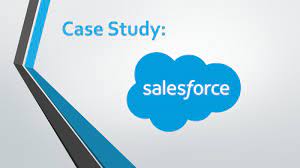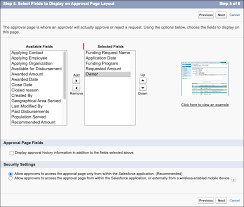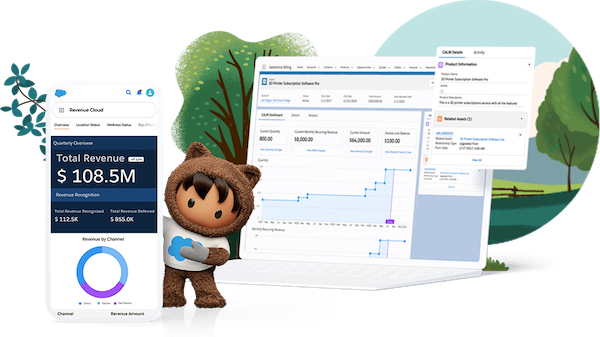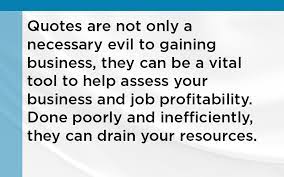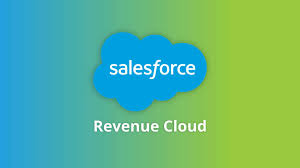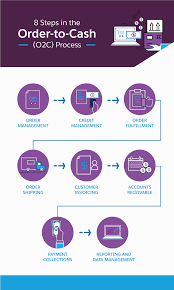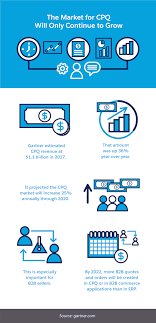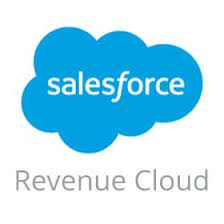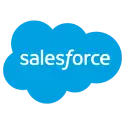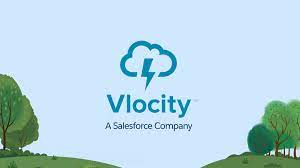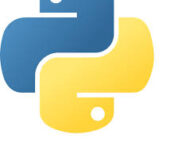What is Salesforce Revenue Cloud? It’s a comprehensive revenue management solution that seamlessly streamlines your entire revenue lifecycle, all powered by the Salesforce Customer 360 Platform. Revenue Cloud provides you with the CPQ (Configure, Price, Quote) capabilities to facilitate swift deal closing and selling. Easily configure, price, and quote complex solutions with precision. The platform automates billing and cash collection, with Salesforce’s recurring billing engine supporting various charge types, sales orders, and payment schedules. Subscription management is also a breeze, fostering efficient revenue growth. Built on the expansive and scalable Salesforce capabilities, Revenue Cloud allows you to deliver exceptional, personalized end-user experiences. It unifies your revenue processes with 360-degree customer view data, driving automation across the entire product-to-cash journey. Discover how Revenue Cloud empowers customers to buy across channels, adapt to evolving business models, and navigate changes in the business landscape by talking to Tectonic today. At Tectonic, we understand the challenges faced by IT professionals when integrating new tools into their infrastructure. Salesforce Revenue Cloud seamlessly integrates with Sales Cloud and Service Cloud, ensuring compatibility with your existing sales, marketing, finance, HR, and CDP platforms. Partner with Tectonic to implement Salesforce Revenue Cloud seamlessly into your custom Salesforce ecosystem, avoiding technical debt, complex systems, and unnecessary downtime or learning curves. Revenue Cloud puts you in control of revenue growth across every channel. As part of Salesforce Customer 360, it unifies data throughout the entire revenue lifecycle. Connect all your revenue processes on a single platform, launch new revenue streams, optimize efficiency, and transform the B2B buying journey. Tectonic, in collaboration with Salesforce Revenue Cloud, offers a unified product catalog to ensure consistent products and pricing across all channels. Flexibility to move across direct, partner, and digital channels is enhanced, with improved data quality and security for smarter and faster data-driven decisions. The Guided Selling configuration wizard assists reps in finding the right products with the correct configuration rules and bundling for comprehensive and compliant quoting solutions. Accelerating deal execution without compromising margins, Tectonic and Salesforce Revenue Cloud enable your sales reps to model deal scenarios, streamline approvals, and offer pre-agreed upon discounts. Generate quotes aligned with branding, product, and legal guidelines using pre-built templates, product literature libraries, and dynamic terms and conditions. Track orders and quotes seamlessly across multiple fulfillment platforms, with contracts and subscriptions easily traceable. Invoices from CPQ order objects contain fields for both the CPQ and billing modules, supporting amend and renew processes. Customized billing and approvals adapt to exceptions, with stakeholders able to approve via email, mobile, Chatter, or within Salesforce. Integrated revenue management on the number one CRM platform allows you to control revenue complexity and growth effectively. Salesforce Revenue Cloud caters to businesses in need of negotiated sales, self-service orders, controls and compliance, products and pricing, billing and collections, revenue reporting, licensing and permitting, and more. Contact Tectonic today to discover how much power Salesforce Revenue Cloud can add to your custom Salesforce integration. Like2 Related Posts Salesforce OEM AppExchange Expanding its reach beyond CRM, Salesforce.com has launched a new service called AppExchange OEM Edition, aimed at non-CRM service providers. Read more The Salesforce Story In Marc Benioff’s own words How did salesforce.com grow from a start up in a rented apartment into the world’s Read more Salesforce Jigsaw Salesforce.com, a prominent figure in cloud computing, has finalized a deal to acquire Jigsaw, a wiki-style business contact database, for Read more Health Cloud Brings Healthcare Transformation Following swiftly after last week’s successful launch of Financial Services Cloud, Salesforce has announced the second installment in its series Read more

